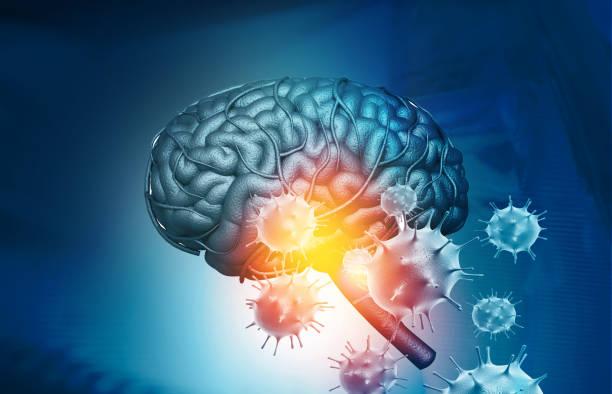Advances in Parkinson's Disease Treatment: Promising Therapies on the Horizon

Introduction
Parkinson's disease is a neurodegenerative disorder that affects millions of people worldwide, leading to tremors, bradykinesia, rigidity, and postural instability. While there is currently no cure for this debilitating condition, ongoing research and innovation in the field of neurology have yielded promising therapies. These novel approaches aim to alleviate symptoms, improve patient's quality of life, and potentially slow down the progression of the disease.
Harnessing the Power of Neuroplasticity
One of the exciting developments in Parkinson's disease treatment is centered around neuroplasticity. Neuroplasticity refers to the brain's remarkable ability to adapt and rewire itself. Researchers are exploring ways to leverage this capacity to compensate for the loss of dopaminergic neurons, which is a hallmark of Parkinson's disease.
Cognitive Training
Cognitive training exercises are emerging as a non-pharmacological intervention that can potentially benefit Parkinson's patients. These exercises challenge the brain, promoting the formation of new neural connections and cognitive resilience. Patients who engage in regular cognitive training may experience improvements in memory, attention, and executive function, which are often impaired in Parkinson's disease.
Physical Therapy
Physical therapy tailored for individuals with Parkinson's can be highly effective in addressing motor symptoms. This approach aims to improve balance, flexibility, and gait, ultimately enhancing patients' mobility and reducing the risk of falls. Additionally, targeted exercises can help reduce muscle rigidity and tremors, thereby improving overall motor function.
Exploring Innovative Medications
While current medications can provide relief from some Parkinson's symptoms, scientists are continually exploring novel drug therapies that may offer greater efficacy and fewer side effects.
Gene Therapy
Gene therapy is a cutting-edge approach that holds great promise in the treatment of Parkinson's disease. Researchers are investigating ways to deliver therapeutic genes to the brain, potentially restoring dopamine production and reversing neurodegeneration. Although this field is still in its experimental stages, early results are encouraging.
Immune-Based Therapies
The role of neuroinflammation in Parkinson's disease is increasingly recognized. Immune-based therapies, such as immunomodulators and monoclonal antibodies, are being studied as potential treatments. These therapies aim to reduce the inflammatory response in the brain, which may slow disease progression and mitigate symptoms.
Conclusion
As our understanding of Parkinson's disease deepens, so does our potential to develop innovative and effective treatments. From harnessing neuroplasticity to exploring gene therapy and immune-based interventions, the horizon of Parkinson's disease treatment is indeed promising. While these therapies are still undergoing research and clinical trials, they offer hope for improved outcomes and a better quality of life for individuals living with Parkinson's disease. It's essential to stay updated on the latest advancements and to work closely with healthcare professionals to explore these emerging treatment options. The future of Parkinson's disease treatment is bright, and continued research and investment in these areas may eventually lead to a cure or, at the very least, more effective therapies for those affected by this challenging condition.
- Art
- Causes
- Crafts
- Dance
- Drinks
- Film
- Fitness
- Food
- Spiele
- Gardening
- Health
- Home
- Literature
- Music
- Networking
- Other
- Party
- Religion
- Shopping
- Sports
- Theater
- Wellness


